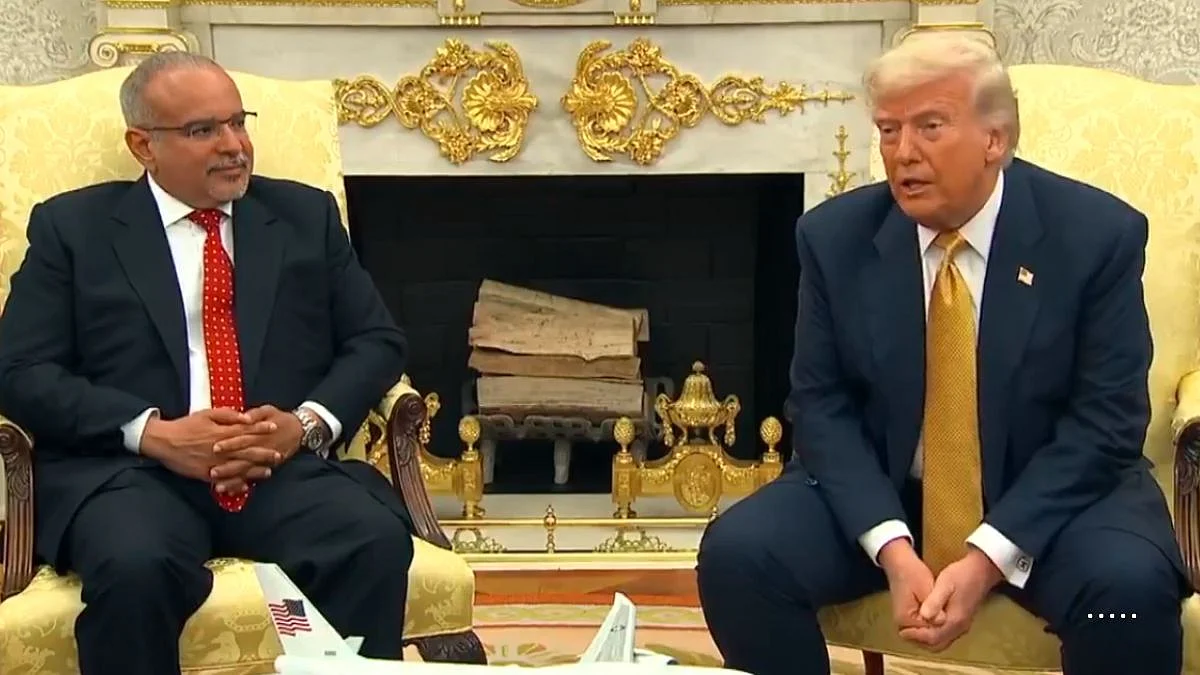Mumbai: Vector-borne diseases continue to rise in the city as Mumbai has recorded 756 cases of Malaria and 703 infections of dengue from September 1-18, which means cases have doubled in the last eight days. However, other illnesses have not seen a major surge.
A senior infectious disease expert from the state’s public health department said that Malaria is still a disease of massive burden which is influenced by climate change. The fluctuations and trends of the temperature and precipitation are well-known determinant factors influencing the disease’s vectors and incidence rates.
Malaria transmission
“As the climate changes, shifts in temperature in geographic locations suitable for the transmission of the disease will occur, which will also require changes in the ways to handle it. Malaria transmission is dependent on a combination of various climatic factors and human activity,” the health expert said.
A senior health official from the civic health department said “The spike in malaria cases is due to the delay in monsoon. Usually, malaria cases surge between June and August when the Anopheles mosquito (carrier) breeds extensively in stagnant, dirty water. Dengue cases rise from August or September when the Aedes Aegypti mosquito starts breeding.”
Dr Daksha Shah, the BMC’s executive health officer, said that mosquito-control efforts have been heightened throughout the city, especially on weekends. “We are taking every possible measure. However, we also urge citizens to actively participate in the fight against mosquitoes by eliminating breeding sites in their homes, communities, and workplaces,” she said.
Record-break cases reported
Meanwhile, citizens have been suffering from gastroenteritis during monsoon as 4,811 cases have been recorded from June 1 until September 10, followed by Malaria 3,233 and Dengue 2,740. However, it is the highest since 2016 the city recorded a higher number of dengue and malaria cases.
"In order to control Aedes aegypti, high-risk areas for Dengue incidence are identified and regular Aedes surveys are being conducted. During the survey, all potential breeding sources for Aedes mosquitoes are checked and are either removed or treated,” a BMC official said.
Meanwhile a health expert Dr L Sudarshan Reddy, senior consultant physician, Yashoda Hospitals Hyderabad said, “Dengue has four serotypes DEN 1,2,3 and 4, usually 1 and 3 were more prevalent till last few years and recently DEN 2 has also become more prevalent and more infective this year, resulting in more hospitalisations. Dengue is on the rise this year compared to last few years, this may be due to sporadic rains which started in June and continuing till now and then along with hot and humid climatic conditions, which are a bit unusual compared to last year, and also urbanisation and construction works.”
Cases reported from Sept 1-18
Malaria 756
Dengue 703
Lepto 50
Gastro 322
Hepatitis 35
Swine flu 7











